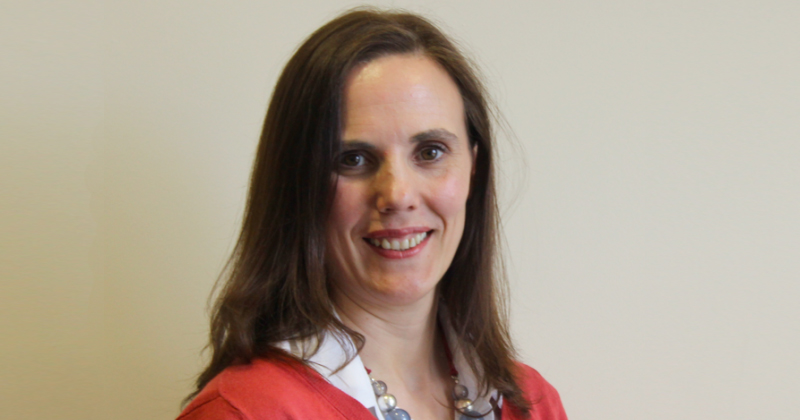The government has named 750 schools that will act as “early adopters” of its new breakfast clubs programme, but refused to say how many have existing provision.
Ministers announced last year they would trial the clubs – which have to guarantee 30 minutes of free childcare at the start of the day along with healthy food – before enacting a law that would mandate them in all primaries.
The Department for Education announced yesterday that the early adopters scheme would benefit 180,000 children, around 67,000 of them in schools in deprived areas. However, the government refused to release a list until today.
The department also refused to answer when asked by Schools Week how many schools would be replacing existing provision with the new scheme.
Previous governments had come under fire after it emerged that a fraction of the clubs created under a previous iteration of the predecessor national school breakfast programme were new.
However, the DfE said the new scheme “provides substantially more funding” than the previous one, under which schools received only food and were asked to contribute 25 per cent of costs.
“On average, a school switching from NSBP funding to the early adopter scheme would receive an additional £21,400.”
Existing schemes are “often paid for by parents and capped in numbers of children who can benefit”.
Under the new pilot, schools with existing clubs have been told to “end current funding or engage with the relevant funder to agree how it can be used in a way that ensures there is no duplication of funding”.
The government also said the scheme would kick off “from as soon as April”, but individual schools will decide when exactly to begin their new provision.
Heads raise viability concerns
The funding available for the trial scheme has prompted some headteachers to warn it is unworkable. The basic funding rate is just 60p per pupil.
The government has set aside £315 million for the full roll-out. But impact assessment documents for the schools bill state that “exact are costs being finalised and agreed”, and suggest that any extra “costs will then fall to schools”.
Heads involved in the pilot scheme are already saying that funding does not cover costs.
Paul Bertram, a headteacher at Buxworth Primary School, said earlier this month he currently charged £2.75 for an hour-long breakfast club with a sports teacher on site, with 30 pupils attending on average.
He told Schools Week he had to pull out of the trial because it would leave him with a £9,000 shortfall.
Others are more optimistic, however. Jackie Fitton, headteacher at Kearsley West Primary School, one of the early adopters, said she funding provided “will be a real life-saver, ensuring we can provide a healthy breakfast and supportive start to the day for our pupils.
“Breakfast clubs have already made a massive difference to pupils’ wellbeing, providing them with time to settle in, socialise with friends and get ready to learn.”
‘A transformative impact’
Education secretary Bridget Phillipson said free breakfast clubs “sit right at the heart of our plan for change, breaking the link between background and success for families all over the country.
“Breakfast clubs can have a transformative impact on the lives of children, feeding hungry tummies and fuelling hungry minds, so every child begins the day ready to learn.”
The DfE said schools were chosen “from across England to ensure the scheme tests and learns from a variety of locations, including those that do not currently run a breakfast club, and all will receive funding to cover food and staffing costs.
Paul Whiteman, general secretary of the NAHT leaders’ union, said the government’s decision to test the scheme through its early adopters pilot “is welcome, and it’s vital ministers listen to and act upon feedback.
“We have already heard from some school leaders who are worried that funding for the scheme will fall short of the cost of delivering it.
“It will be crucial that these concerns are addressed before the programme is rolled out across the country to ensure that it does not place further pressure on already strained school budgets, and that children and families can fully reap the benefits.”
You can download a spreadsheet of the schools involved here.











